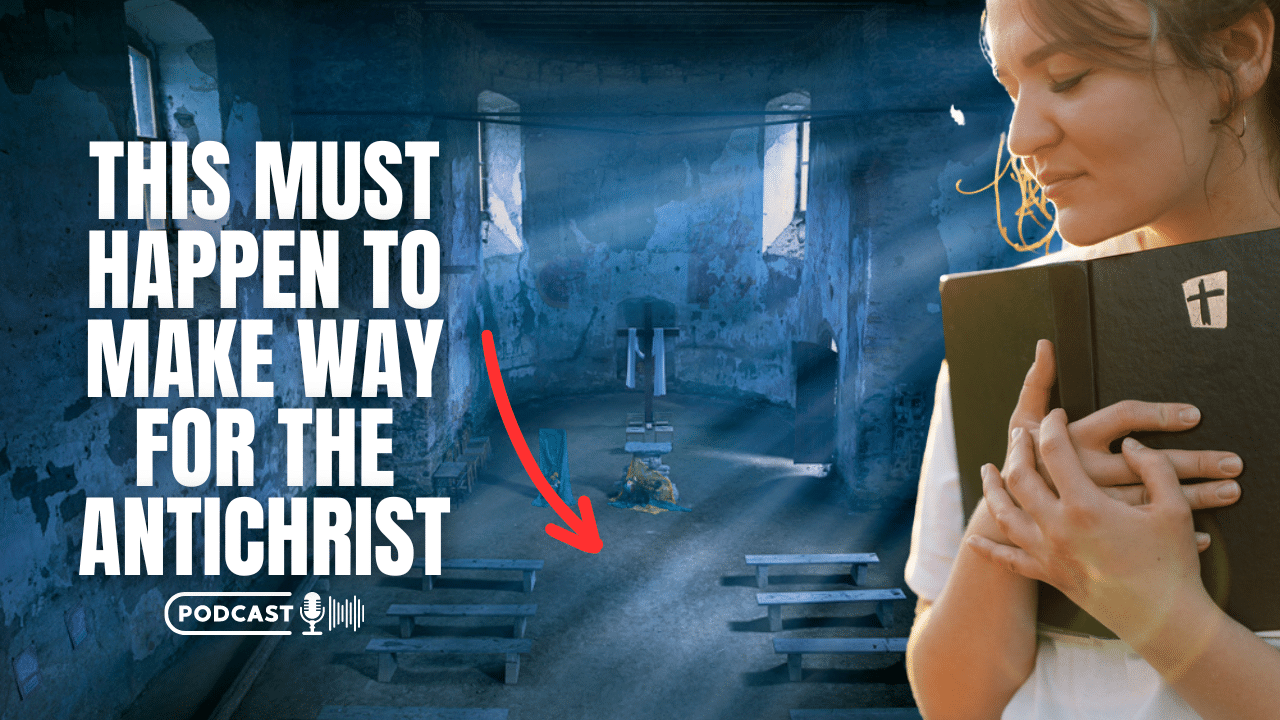(By Ron Cantor) But What About False Prophets in the New Covenant? – The phrase “false prophet” is used 11 times in the New Testament, and it never refers to a believer. There is the false prophet of the antichrist and Bar Jesus of Acts 13, “a child of the devil and an enemy of everything that is right!” and he was “seeking to turn the proconsul away from the faith.” (v. 8, ESV).
The other references refer to false messiahs and deceivers of the truth. Never, not once, is a child of God referred to as a false prophet—and yet, we know that every believer was encouraged to prophesy (1 Cor. 14:1). So, if one claims that someone who makes a mistake in prophecy is a false prophet, they are claiming that he is an unbeliever, presently and always, in line with the devil, seeking to deceive the body—despite repentance, loving Yeshua and bearing fruit for the kingdom—which is absurd. Furthermore, we must ask ourselves: are prophecy and prophets exactly the same under the New Covenant as the Old Covenant? If so, should one who prophesies presumptuously be put to death? (Duet. 18:20). If that is our conclusion, then a host of others should be killed. But there is a clear difference.
Every Believer Should Seek to Prophesy – In the Old Covenant, God spoke almost exclusively through prophets. In the New Covenant, every believer is encouraged to seek to prophesy: “Follow after love and desire spiritual gifts, but especially that you may prophesy. But he who prophesies speaks to men for their edification and exhortation and comfort” (1 Cor. 14:1, 3) The Greek word translated eagerly desire is zeloo—where we get our word zeal. It is an onomatopoetic word, meaning it sounds like itself (like buzz) and it sounds in Greek like “boiling water”. In other words, we are to be boiling over with zeal for the gifts of the Spirit (as we “follow the way of love”). It should be something we pray for every day. READ MORE

















